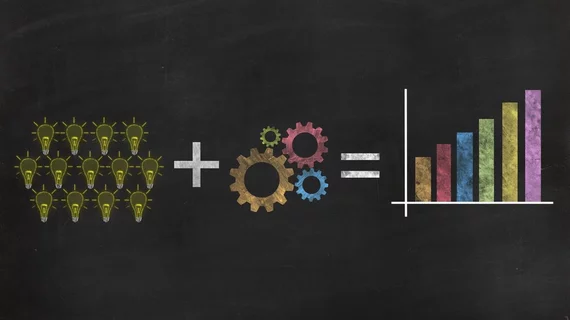AI researchers and developers across the U.S. received a powerful if overshadowed shot in the arm on New Year’s Day.
Embedded in the National Defense Authorization Act—which passed into law Jan. 1 despite a headline-grabbing veto attempt from the White House—is the National AI Initiative Act.
The NAIIA promises to deliver “sustained consistent and coordinated support for artificial intelligence research and development through grants, cooperative agreements, testbeds, and access to data and computing resources.”
Implementation will be led by the White House’s Office of Science and Technology Policy with annually rotating co-leadership from the National Institute of Standards and Technology, the National Science Foundation or the Department of Energy.
The new law authorizes spending in the billions to those and other bodies, although exact amounts are to come from Congress since NAIIA has no appropriations power of its own.
Still, as policy expert Jeffrey Mervis of Science notes in a news analysis posted Jan. 8, the National Science Foundation alone estimates it spent $510 million on AI in 2020—and the bill as written has NSF funded at $868 million this year, then rising annually until it tops $1 billion in 2024 and 2025.
“The NAIIA both codifies what some federal agencies are already doing and gives them an extensive to-do list,” writes Mervis, who points out that the NSF funds the vast majority of federally supported AI academic research.
“For example, [the NAIIA] endorses NSF’s network of seven AI research institutes,” Mervis adds. “The NSF institutes, each funded at roughly $20 million over five years, will support research in applying AI to a variety of topics including weather forecasting, sustainable agriculture, drug discovery and cosmology.”
Jan. 11 coverage by the American Society of Mechanical Engineers quotes Reps. Eddie Bernice Johnson (D-Texas) and Frank Lucas (R-Oklahoma), respectively the chair and ranking member of the House Science and Technology Committee.
“The passage of the National AI Initiative Act sends a signal to both our allies and adversaries that the United States will continue to be a global leader in the development and adoption of trustworthy artificial intelligence,” Johnson and Lucas state. “This legislation will create a broad national strategy to accelerate our investments in the responsible research and development of this critical technology, and the education and training of an AI workforce in the United States.”

